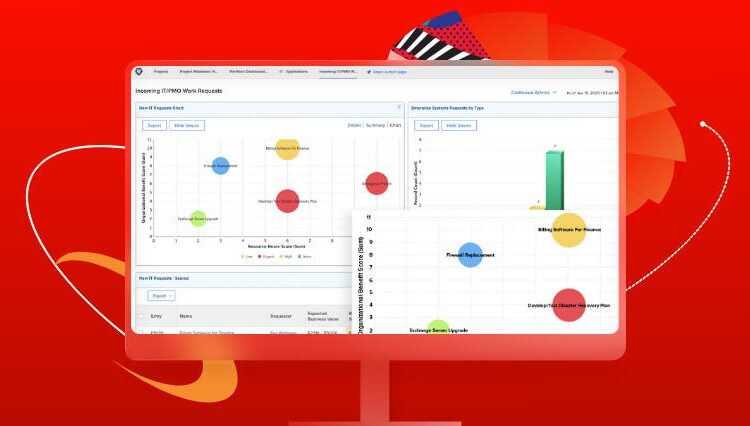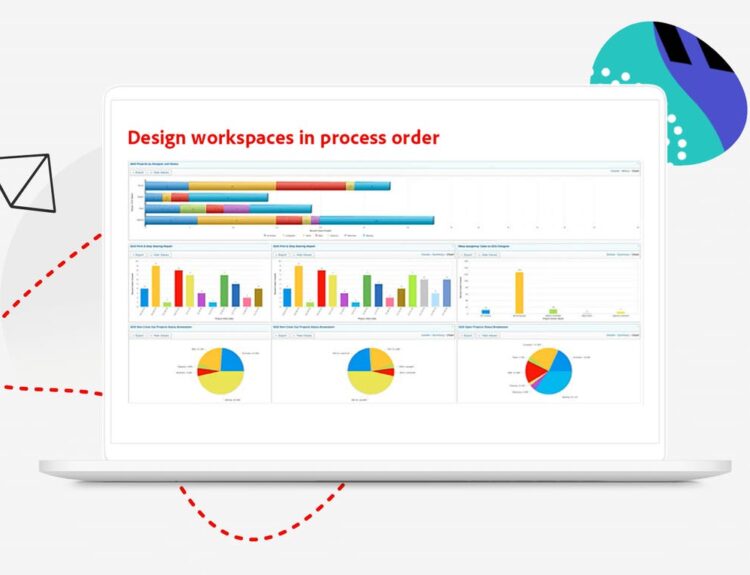Data engineering has emerged as a critical function in today’s technology-driven world, especially as organizations rush to leverage both generative and predictive AI within their operations. This discipline goes beyond the traditional roles of data management and analysis, encompassing a broader scope that includes database administration, architecture, and even data governance. With AI initiatives now at the forefront of many business strategies, the role of data engineers has evolved to become pivotal in ensuring these efforts are successful.
Why Data Engineering is More Crucial Than Ever
In recent years, the need for robust data pipelines and infrastructure has skyrocketed. Organizations are increasingly looking to harness the power of AI, and without the right kind of data, these initiatives are unlikely to succeed. As Mihail Eric, a venture capitalist, researcher, and educator, aptly put it in his top-ranked article on KDNuggets, “We Don’t Need Data Scientists, We Need Data Engineers.” This statement holds true today as businesses navigate the complexities of AI and data management.
Data engineering ensures that data is available, reliable, and usable across the organization. This includes the design, construction, and maintenance of data architectures, as well as the establishment of data governance frameworks. Data engineers play a crucial role in making sure that data is accessible to all parts of the organization, from business teams to AI models.
The Evolving Role of Data Engineers
Traditionally, data engineers were seen as back-end operators responsible for maintaining databases and ensuring data integrity. However, their role has expanded significantly. Today’s data engineers are expected to be technologists, leaders, facilitators, and troubleshooters. They must possess a strong understanding of business requirements and work closely with data scientists, AI specialists, and business teams to ensure that data initiatives align with organizational goals.
In addition, the role of data engineers now includes:
- Centralizing and Managing Data: Data engineers are tasked with creating centralized data libraries that make information more accessible to various teams and departments. This involves developing and maintaining ETL (Extract, Transform, Load) processes and building custom data solutions to integrate traditional and loosely connected intelligence data.
- Overseeing Data Governance: Data engineers also play a key role in data governance. They analyze business processes to identify areas for improvement and optimization, collaborate with stakeholders to gather business requirements, and develop frameworks to ensure data quality and integrity across the organization.
- Leading AI Initiatives: Data engineers are increasingly involved in AI initiatives, working closely with data scientists and analysts to understand data requirements and translate them into scalable, high-performing data pipeline solutions. They support data discovery and preparation for model development, ensuring that raw data is transformed into curated and certified data assets for machine learning and business intelligence use cases.
Data Engineering: Enablers of the 21st-Century Enterprise
The importance of data engineering cannot be overstated in the modern enterprise. As AI algorithms become more prevalent and data demands increase, organizations are leaning heavily on data engineering teams to turn their data assets into gold. This involves not just the technical aspects of data management but also a deep understanding of the business and its strategic objectives.
A recent report from MIT Technology Review Insights highlights the growing need for data practitioners to expand their knowledge of the business while functional teams develop their own internal data expertise. This convergence of business and data skills is crucial for organizations looking to leverage their data for competitive advantage.
Key Technologies and Practices in Data Engineering
To meet the growing demands of AI and data management, data engineering teams are leveraging a variety of technologies and practices. These include:
- DevOps, DataOps, and AIOps: These practices focus on automating and streamlining the data pipeline, from data ingestion to processing and storage. They help reduce the time and effort required for database preparation, data modeling, quality assurance, and backup.
- Collaborative Pipeline Tools: These tools enable data engineering teams to work more effectively with other parts of the organization, from data scientists to business analysts. They facilitate the development of robust data pipelines that support a wide range of use cases, from machine learning to business intelligence.
- Automation and AI Integration: Automation plays a significant role in modern data engineering, helping to automate repetitive tasks and free up engineers to focus on more strategic initiatives. AI is also being integrated into data engineering workflows, from data discovery and preparation to pipeline monitoring and optimization.
The Future of Data Engineering
As the role of data engineering continues to evolve, it is becoming more strategic and central to the success of the modern enterprise. Data engineers are no longer just maintaining data infrastructure; they are actively shaping the future of their organizations by enabling data-driven decision-making and innovation.
The future of data engineering will likely see even greater emphasis on collaboration, both within data teams and across the organization. Data engineers will need to work closely with data owners to ensure that the right data sources are being tapped and with end users to ensure they have access to the best available information.
Moreover, data engineering teams will play a critical role in ensuring compliance, cybersecurity, and privacy. As data becomes more valuable and regulations around data usage become more stringent, data engineers will need to serve as guardians of the data, ensuring that it is used responsibly and ethically.
Conclusion
The rise of data engineering reflects the growing importance of data in the modern enterprise. As organizations continue to embrace AI and data-driven decision-making, the role of data engineers will only become more critical. By ensuring that data is available, reliable, and aligned with business objectives, data engineering teams are helping to drive the success of AI initiatives and enabling organizations to thrive in an increasingly data-centric world.
Data engineering is not just a technical role; it is a strategic one that requires a deep understanding of both technology and business. As such, data engineers are uniquely positioned to help their organizations unlock the full potential of their data and achieve their strategic goals.






